|
Imagine for a moment you are floating in a calm sea... you are feeling a sense of peace. Your breathing is slow & your senses are alive. You may be able to touch the bottom easily if that's more comfortable for you... You can hear the sea birds above & around you, smell the sea, your body is enveloped & held by the water around you & you can see the ocean stretch out ahead of you & the beautiful shoreline behind you. You are immersed in this ancient place that holds so many stories.
When you come out of the sea something has shifted - your thoughts are a little different, you feel different to how you did before you went in... the world seems different. Sea swimming & 'wild' swimming are increasingly popular & the research behind the benefits is growing day by day. The interesting point for me is; why did we need the research & data to convince us that it was good for us in the first place?? It's the same with forest bathing... Taking a break & walking in a forest, breathing in all the natural smells, feeling the wind/rain/sun on our skin, moving our bodies...basically doing what we were designed to do... who knew that would be good for us?! I was facilitating a Positive Psychology course for coaches recently & I sent the group off to do some gratitude practice. When they came back I told them all about the hormonal responses that will have been happening whilst they practiced & one person responded "I'm so glad you told me that, because it has made the experience so much better for me knowing that". Now I totally understand, it's why I include so much of the data & underpinning evidence when I am working with people... it is a language we all speak, it can help give us access to motivation, awareness or understanding necessary to make changes AND I have started to question how all of this gets in the way of us really sensing what is happening for us & trusting our gut. It's the same with all the data coming from smart watches - sleep, exercise, screen time, sitting time etc etc. All can be really useful AND it can get in the way of us FEELING. We are becoming ever more reliant on tech or research data to tell us what is good for us and what is not. The more we rely, the less we sense; the less we sense, the more we rely... and so the merry-go-round goes round! Our senses are something we can loose or develop... remember the post Covid olfactory training for regaining our sense of smell? So my question is how can we lean into BOTH senses and science? How can we use both to connect further with our selves, each other and our natural surroundings. I don't have any answers (sorry!!) as I'm sure it will be different for all of us - however I do offer the following questions as a starter for your reflections & hope this will have sparked some new thinking:
On a different but maybe related note... I see the Nokia 3210 is making a come back... how fab is that!! I wonder if I'll be brave enough to ditch the smart phone...! Watch this space...!! For a large number of us the modern world provides a vast array of choice, from the food we eat, to the clothes we wear, the jobs we do and everything in between (where to live, what mode of transport we take, what exercise we do, who we spend our time with, either in person or online, how we spend our time when not at work - do we go to Zumba, the pub, a party, play online games, go for a walk, scroll through social media, watch one of the gazillion TV channels or boxsets or movies available etc etc. Just writing that list made me feel a little worn out!!
Whilst this seems like a huge step forward in some way, there are also downsides. Besides the environmental impact of the material choices (more about that another day!) one of those downsides is ‘decision fatigue’. A number of my clients have talked about how overwhelmed they are feeling recently. Having to make decisions can certainly be a contributing factor to this feeling. What is Decision Fatigue? I first came across the term when reading Triggers by Marshall Goldsmith & Mark Reiter a few years ago. Basically, the theory goes that the more decisions we have to make during the day, the more fatigued we get in terms of making those decisions & therefore the more rash the decisions may be. Research by Hsiang et al in 2019 found that clinicians order cancer screenings at lower rates and unnecessarily prescribe antibiotics at higher rates as the workday progresses and voters are more likely to abstain or make simplified decisions for contests that occur in later positions on a ballot (Augenblick & Nicholson, 2016). What are the consequences? Researchers in this field attest that ‘decision fatigue’ leaves us with 2 main options,
How to prevent decision fatigue Pre-planning is one of the main ways we can minimise decision making – Barach Obamah & Steve Jobs famously wear the same outfits day in day out to take one decision out of their day. Pre-planning meals, sticking to exercise routines & creating processes for how to deal with situations at work are some ways to pre-plan & minimise decision making. Delegating is another option. Who else could make the decision instead of or for you? Diarising decisions – is this something you need to be making a decision on now or could it be something you put into your diary for when you have more time or energy or support? Here is an exercise that might help if you are feeling depleted and in need of minimising decision making: Exercise List every decision you make throughout your day… eg what time to wake up, what to wear, what to have for breakfast, whether to exercise & if so when & what type, when to open your email…. etc). Once you have made a list work out the options you have for that decision; pre plan, delegate, diarise or another option that’s available to you. Then DO IT & feel the weight go from your shoulders!! Wishing you the very best & hoping the above has been interesting and useful to you. I would love to hear any thoughts, comments or feedback on this topic so do get in touch via [email protected] “I'm 51 I should have this sh*t sorted out by now!” “Why am I here again?” “I'm still doing this after all the work I’ve done on myself???” Anybody else have this conversation with themselves?? Add the next layer in and it’s even more judgemental… “AND I'm a coach!” I have found myself going through patches of this type of self-judgement and recently experienced a cracker of one! I was looking at my past almost like I’d painted over all the good bits. Blanked out all the progress that I've made in terms of my own personal development, the achievements, the extraordinary experiences. In my case it’s often about my relationship with food, or exercise, my personal relationships or my parenting. There are patterns that I seem to keep repeating that can appear to keep me stuck in that little revolving door of “I should be better at this” or “I should be more together, more sorted.” “I should know the true core of me and I should be behaving in congruence with that all the time.” Writing these I realise what enormous expectations I’m landing on myself and how negative my self talk can be. I also recognise that this is almost completely done subconsciously – I am unaware I’m doing it the vast majority of the time. I love this quote from the Welsh minister and doctor David Martyn Lloyd Jones: “Have you realized that most of your unhappiness in life is due to the fact that you are listening to yourself instead of talking to yourself?” That subtle difference between listening and talking to yourself, in my opinion, is all about being more aware of what we are saying to ourselves and bringing this type of thinking into the light. By shining the light on it, it seems to lose it’s power (a bit like a vampire in sunlight!). This is not to say it won’t come back and bite us again… it is often an ingrained pattern, hence it’s called ‘habitual thinking’. Habitual thinking is absolutely part of being human. Our brains are wired to conserve energy. One of the last things it wants to do is make new patterns of thinking when the old ones have been perfectly adequate…. We’re still here aren’t we?? Why expend energy when we might just need that energy to get out of a life and death situation?? That’s why it takes awareness and effort and repetition to make changes to the way we think AND to recognise the changes that we HAVE made. So… through a culmination of conversations, journalling and general self observation I am trying a different story out in my head. It goes like this… “I am not back where I started. Yes, it's a repeating pattern. Yes, it's familiar. But when I circle back, I'm in a different place. I am a different person. I have moved on. It's inevitable. I am older, stuff has happened. I am more experienced. I have shifted even if it is ever so slightly I HAVE changed.“ This reminds me of one of my favourite quotes by the Greek philosopher Heraclitus: “No person ever steps in the same river twice, for it's not the same river and they’re not the same person.” My work, for now, is to recognise the changes I have made. The tiniest of shifts in behaviour, thinking and outlook. Like grains of sand in the river constantly shifting with the flow. We are never truly stuck. What difference will simply recognising this make? You are not where you were before, the pattern maybe familiar; it's not the same.
Here are some questions that maybe useful to reflect on if any of the above resonated for you:
As ever I would love to hear your thoughts, comments and experiences, feel free to get in touch via my email or book a cuppa call!!
What followed on the walk was a litany of metaphors for life! Merlin (the self professed ‘custodian’ of the site) described the lifespan of the oak trees. It is said that an oak tree takes 300 years to grow, 300 years to live in maturity and 300 years to die. In that death is the extraordinary gift to other life forms around it – not only do bits fall off and denigrate into the earth providing nutrients for the soil but also the tree provides a habitat for all sorts of animals, plants, lichen & fungi. Now THAT’S a legacy!! 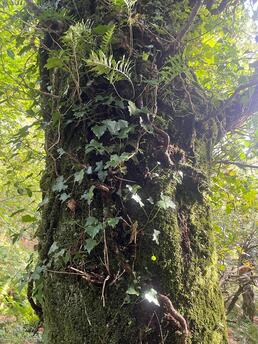 Merlin also talked about the mycelium network which provides a symbiotic system that interconnects the entire forest. He described the network as being like our own brain – full of synapses (hyphae) that are electrically charged & in constant communication. My mind immediately took me to thinking about how we (especially in the work that is striving for greater ecological and/or societal health) could create such a network, full of reciprocity as opposed to working in silos. Imagine the difference if we all joined forces for the greater good! The temperate rainforest was the centrepiece for the retreat – it provided a space to connect with the earth (I spent quite a bit of time barefoot in the forest on the spongelike earth!!) and also a most beautiful spot for river bathing. I hugged trees, stroked branches covered in moss, marvelled at the biodiversity of plants all on one giant chaotic looking celtic oak tree & meditated on top of a tor. Yup... I went full on hippy at times! Spending time in the forest also provided an opportunity for me to find & lean into a mantra I will take into the next few months & years. The recognition that I am an unapologetically chaotic & vivacious celt. Merlin described Celtic oaks as chaotic & vivacious as opposed to English oaks which are far more straight trunked and uniform. For so many years I have felt embarrassed about being a little unorthodox! A bit loud and sometimes really rather feisty. Hearing about the oaks almost gave me permission to recognise the celt in me!! With Grandparents hailing from Cornwall, Ireland & Scotland it all rather makes sense!! When back inside a lot of our inner work was around our ‘numbers’ – you know – the self talk that does a number on us – keeps us playing small, sad, or in a spin. We worked on accepting these ‘numbers’, firstly through observation coupled with humour & irreverence ie mildly taking the p*** out of ourselves! In fact Claire brought with her a bag full of clowns red noses for when we were being influenced by one of our numbers!! We then made sure we didn’t slip into self-absorption. This was a great provoker for us as coaches. How can we ensure we are maintaining the distinction in our self-work but also in our work with others. In terms of re-wilding I like to think of this as clearing space for new seeds to grow, seeds that are more beneficial for our ecosystem. The irreverence is like loosening the root system of an invasive plant so it’s easier to dig up & get rid of. This is in contrast to self-absorption where we can find ourselves constantly pouring fertiliser over seeds & plants that are destructive. In Zen one of the basic premises is to wake up… to live more in the present – we focused on NOWNESS instead of THENNESS (the past) or WHENNESS (the future). A lot of our numbers are based on the past or the future – bringing yourself into the present allows you to create separation from your thoughts and ensure you aren’t spending time in self-absorption. The Dalai Lama puts it like this: “If something can be done about the situation, what need for dejection? And if nothing can be done about it, what use is there for being dejected?" Here are a couple of questions that may be useful for your thinking in this:
I would also highly recommend the following books if you are interested in learning more about trees & fungi, how they communicate & what we can learn from them: For now I will end by wishing you joy in your rewilding!
As we are in the midst of Mental Health Awareness week this is a topic that's been occupying my mind for a while now. Ever since I trained in positive psychology I have been telling a story about our negativity bias (our natural inclination to focus on the bad stuff as opposed to the good stuff) being something that is somewhat outdated. A tendency that comes from a time when we lived in caves. I often quip that the majority of us live in safe environments - there are no tigers in the woods or bears at the door of the cave... ha ha ha etc etc. Obviously, I point out, it's really useful in certain situations but those are few and far between in this day & age...
And yet…. we are living in unprecedented times from a climate change point of view, where the global south actually is living with a bear at the cave door. They are living with the very real prospect of their homes being destroyed, their livelihoods being destroyed, their country being destroyed. Their whole population being wiped out. Even in the global north where we have more resources at our disposal we are seeing more and more catastrophic events happening. We are also living through times where war & the threat of a third world war is being talked about freely in the media & the disparity between rich & poor is ever widening. Going back to our predisposition to focus on the negative, there is a very good reason for it and that is for the survival of our species, the survival of ourselves first and foremost, and then the survival of our species. All emotions - including anxiety - have their place. We can sweepingly put them into either a bucket called 'negative' or 'positive' but in doing so we risk being too binary & missing the point. Anger, sadness, pessimism, fear... are all valid emotional responses. In a best case scenario these emotions would spur us into ACTION. The current mental health crisis, I believe, is partly in response to the environment we, as a collective, have created, that is so far removed from the one that humans are naturally meant to be a part of. We have created systems that are literally killing the earth that we rely on. No wonder our alarm system is being triggered! And we are conditioned into a response of 'don't make a fuss'... 'don't rock the boat'... 'it's just the way it is'... 'I can't make a difference on my own'... This is where valid emotional responses can turn into pathological conditions. By promoting mindfulness techniques, meditation, coaching, all of these wonderful interventions that do have a positive impact on people… I am questioning whether we maybe dialling down the responses that we as a species, as individuals, as communities NEED to be having. There IS a bear at the door of our cave and our response is a flight, fight, freeze one. It is a natural stress response trying to flag something to us. Pulling the strings of the bear at the door of the cave are structures and systems that do not work anymore. They create societal injustices. They are not fit for purpose. My question is: Are we in danger of quietening down the rage that we all need to be feeling and expressing and ultimately doing something about? Freezing or fleeing is not an option... we need to FIGHT! Maybe it's time for a new story. It's 2023 - there are more self help books in our bookshelves & therapeutic modalities than ever before and yet, according to Mind; 1 in 4 people will experience a mental health problem of some kind each year in England and 1 in 6 people report experiencing a common mental health problem (like anxiety and depression) in any given week in England.
One question that keeps swirling around in my head is... what (if any) is the link between the plethora of self help books & modalities (including coaching) out there and the state of our mental health? My musings below are just that... musings. Mental health is a hugely complex area with numerous external and internal factors effecting it. I have no answers (as usual!) but I do like to stir the pot to see what comes up. You may well wholeheartedly disagree with some of my thoughts; in fact you may well even press the unsubscribe button when you read what I have to say... and that's OK. In fact that's more than OK!!! We are living in an age of unprecedented access to 'news', opinion, research, adverts, products, services, 'self help' etc etc and we can look at this from a positive angle and recognise how lucky we are to have all this information & 'help' at our fingertips. We can also look at the impact this can have on our ability to live in the moment, connect with others & the natural world, form our own opinions based on lived experience, not to mention the potential for overstimulation and overwhelm. We can also take a look at how all of the 'help' we have available is focussing us more and more as INDIVIDUALS who operate in our own independent worlds. Now for the tricky bit... is coaching & the promotion of coaching another piece of the jigsaw adding to this view and to overwhelm? Adding to the 'not good enough' mixing pot? I take lots of time off social media these days and I am always struck when I come back to it by the endless messages of how we, as individuals, should/could be living our lives differently... and for differently read better! If you meditate just 10 minutes a day your life will be transformed.... if you buy this eco deodorant you are literally saving the planet as well as smelling like an absolute sex magnet! 'Work with me and you'll get the job you want, be the leader you want to be, triple your income/confidence/resilience...' By having a cold shower, swimming in a lake, running 58 miles, waking up at 4am, planting trees, hugging trees, reading every book under the sun, listening to this podcast, watching that Ted talk, doing this course, that exercise and so on; then and only then will you be enough. By the very nature of running a business, I promote my work. I look to entice clients... The irony is not lost on me that I'm doing it now.... basically I'm saying 'do you think a little like me?' 'Have I helped you in some way by writing all of this?' 'Maybe working with me might be really useful to you right now.' HOWEVER I am really conscious of the message that I give.... I do not have any type of magic wand (unless you count the numerous Harry Potter ones that my kids have!) that can change the wider systems we all operate in. I make no promises on the work that we might do together because I am not doing anything TO you... we are doing the work together therefore a lot rides on YOUR input. My main message is that you ARE ENOUGH just as you are, with or without working with me or reading my stuff or watching my videos. The other message is that WE ARE ALL PART OF WIDER SYSTEMS and we cannot operate effectively as a species within our own individual silos. Look at where that has got us!! So next time you are tempted to book on a course, buy a 'self help' book or work with someone offering to transform your world via 5 simple steps keep some of the following in mind:
I would love to hear others thoughts on this - what has this stirred up for you? What message are you taking from this? 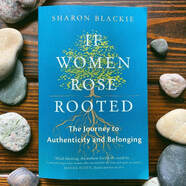 So this is the view I woke up to everyday of my childhood! Utterly stunning isn't it! Our home was a 40 acre smallholding in the Peak District where, over the years, we were lucky enough to keep a selection of pigs, cows, sheep, horses, turkeys, goats alongside the odd dog, cat, rabbit, guinea pig & hamster! My Dad worked in London and was away most of the week and my Mum ferried us kids around, looked after the animals & tried to keep 3 unruly kids in some type of order. But what has this got to do with my life now? Turns out pretty much EVERYTHING!!! I am currently working with an incredible therapist who has set me the challenge of looking back over my life & asking myself some key questions. The point is to notice any themes that come up, differing family values, stories or attachments that shaped my beliefs & behaviour as well as the potential source (or sources) of dissonance, trauma, pain as well as joy! We are working primarily with story & myth, unearthing a version of me before the layers of learned behaviours calcified around me. I have never worked with myth, certainly not in a therapeutic sense, however, I am a big fan of Sharon Blackie's work and have recently devoured her new book Hagitude. But it is her book 'If Women Rose Rooted' that I tend to recommend most. Stories of wild women, aged crones and selkies take me to a totally different realm in my whole being & modern life seems to slip away. It inspires me to do the deep work, to get in touch with the wild inside me & ultimately to become more impactful within my world and the world! In Sharon Blackie's words; “To change the world, we women need first to change ourselves — and then we need to change the stories we tell about who we are." Being brought up on the moors certainly shaped my way of being and I look back and see the wildness that surrounded me and was within me. I am looking forward to some shape shifting as a result of reconnecting with her!! In the meantime here are some of the lighter reflections I have had since I started out on this journey back in time: Initially I asked myself; What gifts did being brought up in this environment give to me?
Thank you for indulging me in reading my story - I look forward to maybe hearing yours one day! 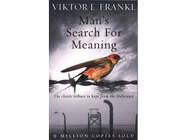 As many of you know I have recently experienced a weeks retreat where there wasn't a spa in sight - no massage treatments or infinity pool.... no this was hard work... sometimes painful & raw... Not doing it for you?? How about if I told you I also experienced a prolonged sense of peace, laughed until my face & sides ached, met & adventured with 16 other kindred spirits & rediscovered parts of me (wonderful parts of me) that have long been buried. Better?? Amongst all my many learnings was an overriding sense of choice... One of the earliest exercises we undertook was an exploration of our 'sub personalities' - those bits of us that are make us US! Another way to think of this is; who is driving our bus at any one time? Who (or which part of us) is in control of our direction? Our behaviours, our thoughts & our feelings? Is it the organiser driver? Or maybe the 'do it all' driver? Or perhaps it's the parent, the victim, the rebel, dreamer, joker, workaholic, fitness instructor, achiever, hot head, nurturer, joy seeker, bully, teacher, carer... etc etc. I'll give you a minute to have a think or maybe write yours down..... Now you've done that, here are a few questions to ask yourself:
One of the greatest reminders of the week was that the vast majority of us DO have control or our responses, it's just we run on autopilot. Now there's a good reason we run on autopilot from our brains point of view - it's wired for efficiency and therefore to repeat learned patterns over and over takes way less energy than to take a pause and consciously choose every time we want to respond. However, learned or conditioned responses are not always serving us or those around us well. In fact quite the opposite. They were probably learned at a young age & are just NOT appropriate or healthy anymore. So is it time for an update to your system responses? I am not saying this work is easy... it is simple but it is not easy! When I lose faith in my ability to change (which I do by the way... frequently!!) I am reminded of the iconic book Man's Search for Meaning by Victor Frankl. Frankl, a psychiatrist, spent 3 years in concentration camps in the second world war and wrote of human's ability to CHOOSE our responses despite the harshest of environments. He never lost faith in his own ability to choose, in fact it only got stronger the more adversity he faced.... if ever there's a lesson to be learnt it's this: "Between stimulus and response there is a space. In that space is our power to choose our response. In our response lies our growth and our freedom." 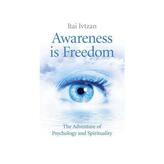 A lot of our work following our 'bus driver' exercise was then about practicing noticing - noticing our responses... getting really curious about where they came from and noticing if they were still relevant and serving us today. We also did a lot of work on noticing HOW we respond - do we meet the stimulus, respond and then grab hold of that response and refuse to let go? Revelling in it and languishing in it? Or do we not even allow the stimulus to be felt & bury our heads in work/alcohol/food etc instead to avoid feeling? Our practice was centred around meeting the stimulus, allowing the feeling or thoughts to come in, acknowledging their presence and then LETTING GO!!! Itai Itzvan - our extraordinary teacher & guide on this journey - calls this Touch and Go... this became our group mantra!! Our whatsapp group is even called Touch and Go...!! If you would like to know more about Itai's work you can find him and his awesome courses at The School of Positive Transformation I cannot recommend him highly enough! Also his book Awareness is Freedom is a really useful guide to this type of work - the combination of psychology & spirituality really hits the mark for me and informs my practice, my work and my philosophy for life! Do let me know if you have any questions or feedback regarding this type of work and in the meantime drive safely & enjoy the ride!!! 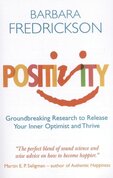 I can hear a little voice in my head saying "There's a cost of living crisis happening, the planet is in the midst of climate & biodiversity crisis, the global south is under water or burning, there are wars happening around the world and you want to talk about PLAYING????" Yup... absolutely I do. It is in exactly these times that, in my humble opinion, we need to find lightness and play more than ever! I am not dismissing the need to acknowledge other so-called 'negative' emotions such as fear and anger.... far from it. Fear and anger are necessary emotions that can trigger some really helpful and sometimes life saving physiological responses (fight, flight, freeze, fawn). They can galvanise us to take action to make changes for the better. However, languishing in these emotions or allowing them to take over can be destructive and compounding - especially when fear and/or anger are chronically experienced emotions - low level but constant. So what can we do about this when we live in a world where the media (mainstream & social) is constantly warning us of societal, political, economical, mental health & environmental disasters? We could go & live in a yurt off grid somewhere & knit our own clothes,... believe me I'm tempted sometimes but I'm not sure my kids would be very grateful! So... how about injecting a good dose of PLAY into your life??? Sound a bit too glib? My ask is that you bare with me a little! According to Barbara Fredrickson the pre-eminent professor of psychology at the University of North Carolina & author of fantastic books such as Positivity & Love 2.0; when we experience 'positive' emotions we BROADEN our horizons and BUILD our resources. If you think about it that's why baby animals tend to be so much more playful than adults - they are in a rapid stage of development & play helps them build their skillset & broaden their perspectives. So... experiencing joy can enable us to see the bigger picture, get creative with potential solutions, build our resilience, face adversity with more poise, forge stronger relationships... the list goes on! Imagine having all of that at your disposal? If there was a pill that delivered the same promises we'd all be rushing to the pharmacy!! I have written about AWE before and the beneficial impact that could have on how we view the world around us & therefore how we take care of it. As we face a pivotal point in our history my belief is that experiencing positive emotions could just help us turn the ship around - not only in our own lives but in a much wider sense too! Take a moment... go on... don't just say you'll do it later, it's literally a moment out of your day....!! Take a moment and do something playful.... dance or sing to your favourite track, throw your head back and LAUGH, jump in a puddle, run around for no apparent reason, skip round the room... whatever makes you giggle or smile inside & out! Now notice what has shifted within you. How are you seeing the world now as opposed to before you started reading this? There is plenty of research backing the health benefits of regularly experiencing 'positive' emotions too - stress reduction, improved recovery from stress, more effective coping therefore providing a 'buffer' against depression and one study even found that experiencing 'positive' emotions can be linked to a healthier heart! My invitation is to consciously build PLAY into your life & NOTICE the difference it makes. If you have to diarise time to play then do it! I often work with clients who create their own PLAY-list... a list of all the active things that bring them joy! And if I haven't convinced you yet, & you want a little more of a philosophical viewpoint about play, have a listen to the fabulous Alan Watts. Top tip... listen with your eyes closed... Alan Watts & David Lindberg - Why Your Life Is Not A Journey - YouTube I would love to hear your thoughts & experiences so do please get in touch [email protected] or comment below. In the meantime ENJOY the dance! This is a Forget me Not. Not only are they one of my favourite plants (much to old school gardeners horror as it was often seen as a weed) but it is also a fantastic reminder to us all to REMEMBER WHO WE ARE!!! In a world that is so fast paced and often pressured we can sometimes forget who we really are & what is most important to us; what we are really awesome at... what other people see in us, what our fundamental learnings have been. This can lead to a feeling of confusion or stuckness - the hamster wheel effect - without an exit or the means to find or create one! I definitely found myself feeling stuck recently in terms of where I want to take my work next. I recognised I was being drawn more & more to immersing myself in the biodiversity & climate crisis & as a result I have read some incredible books (such as Less is More by Jason Hickle & This one wild & precious life by Sarah Wilson) and talked to some of the leading lights in the area of climate coaching (Linda Aspey & Charly Cox in particular, Charly's book Climate Change Coaching is AWESOME too for any coaches out there). However I found myself getting sucked into the very thing I was wanting to help others avoid - that is overwhelm. My LinkedIn algorithm obligingly showed me all the catastrophic posts about the heatwaves, rainforest destruction, the decimation of the oceans and so on... it was what I'd been commenting on so of course I was shown more and more of this type of content. I went into a bit of tailspin and couldn't see the wood for the trees (pardon the pun) and became an absolute nightmare to have a conversation with at home because everything became about the problem we/I was facing.
It was at this point - actually a couple of weeks into an extended break I had over the summer - that I decided to listen back to a podcast (Seize the Day) I had recorded with the fabulous Natalie Miller Snell from NMS Coaching. Now this wasn't due to an over inflated ego (I think?!?!?) but more to remind myself of what I had talked about. The opportunity to tell my story and focus on my learnings was SO valuable - it was a chance to remember exactly who I really am - what I have experienced and what I have learned as a consequence: things like Ride the waves in a storm, Say YES, We grow from facing the s**t, ALL emotions are valid and there for a reason! I took this one step further and re-read my LinkedIn profile as another reminder- all of a sudden it was staring me in the face - I am known for my ability to focus on solutions, to bring positivity in & foster that CAN DO attitude, to ride the waves & to say YES. This totally re-invigorated me & I have re-set my goals for the year. By this time next year I want to be actively part of the solution to the environmental crisis we find ourselves in. To me this means carrying on my pro bono work with Durrell Wildlife Conservation Trust but also looking into other ways I can be more active in projects involved in carbon capturing as well as preserving landscapes & biodiversity, & creating educational experiences to re-connect people to the land. It means focusing on what IS being done and what CAN be done. This approach is far more in tune with how I operate - it will keep me forward focused & motivated to make a difference. All this came from a bit of remembering.... If you feel in need of a reminder of who you really are, maybe you are wanting to make some changes or you feel a bit stuck I can highly recommend sitting down with a trusted friend or journaling about your life story... maybe the following will help:
Enjoy this reflection & I look forward to hearing your thoughts and feedback! I want to start this blog with “I am often asked what drew me to taking my coaching up into the mountains” but honestly no one ever asks that – they just say “OMG that is such a great idea!!!” There are so many benefits to being in the mountains from the physical activity side of things, different flora and fauna, extraordinary views, as well as the peace and quiet. All of this can help us tap into the emotion AWE.
Awe is an emotion that is getting more and more attention from a psychological perspective. It is one of the main benefits of being in nature. In terms of mountains we come face to face with the majesty of our planet – it is literally creation right there in front of our eyes. They are constantly shifting – ok at an incredibly slow rate – but there is something visceral about this connection to evolution. So… what are the benefits of awe? Clarity Mountains are the perfect place to consciously experience AWE. Going out with the intention of experiencing awe invites us into the here and now – it makes for a much more mindful experience and ensures we NOTICE what is around us. As well as noticing more, research suggests that experiencing the emotion Awe is linked to improved complex cognitive processing which can lead to enhanced clarity of thought & decision making (Shiota, Griskevicius and Neufeld 2010). This in itself can be a game changer in the complex world we live in. Relaxation Being in the mountains provides a high definition spectacle which is just a tad more engaging than a computer screen!! The view changing every hour of the day secures your focus and awe on the extraordinary setting. Research also shows that mountain views and looking out onto the horizon can activate the parasympathetic nervous system (Joye & Bolderdijk 2014). Creativity According to a study by Melanie Rudd, professor at the University of Houston, being at the top of a mountain increased research participants desire to create and learn. This is thought to be due to the mountain scenery creating a safe environment for your mind to be open and creative. Enabling change Awe is different to other positive emotions in which we tend to rely on existing knowledge & stay in our comfort zones – ie I’m feeling good and therefore there’s no need to change. Experiencing awe allows you to adjust your way of thinking without the potential negative feelings often associated with change. How different could that be?! For more information about the benefits of spending time in the mountains I highly recommend a book by Ned Morgan called In the Mountains Of course you could also take this one step further and take a look at my coaching adventure in the Alps! So what about the majority of us who can't access the mountains on a regular basis? Well, my invitation is to get outside and explore wherever you are! I am incredibly grateful to live in an area where the headland is just down the road - this picture was my view this morning HOWEVER awe can be experienced anywhere. I remember when I lived in London I used to find pockets of green, or head to the highest point in order to find a view. Awe isn't just found in green spaces - it's found wherever you look for it! Standing on the cliff with my Dad… 82 years of experience discussing what he would do differently if he had his time again…. Fascinating, necessary conversations to ensure the lessons are learned & wisdom passed on.
The environment was his central theme in relation to his past work helping create economic stability & growth across the globe. An utterly extraordinary career working as a Management Consultant with many private companies, global corporations & Governments as well as being the UK representative on the International Chamber of Commerce, Financial Reporting Council & advising the British Council amongst many other positions. He fully believes now that the economic growth that occurred in this period enabled the global population to explode to the extreme detriment of the environment. That the focus on economic & financial growth completely ignored the impact on the environment. This place represents stability and permanence to us…. The beauty of it is unspoilt, undeveloped, untouched…. Natural beauty…. No need for growth… Funny how these thoughts came to him at this spot. What do I/we now do with these lessons? I posted this on LinkedIn at the beginning of the year and it is only now that I have found the headspace to give it some true thought in terms of where I go with my business/life next. As a society we seem to be trapped in a cycle of grow grow grow, strive strive strive, more more more.... For me there is the ultimate question of TO WHAT END? Stepping back and really thinking about WHY we want to grow, strive or have/achieve more is incredibly important. Here are a few questions that might help you think if this is of interest to you:
Take some time over these - so often we can think 'ooh these are good questions I'll think about them soon' and soon doesn't come. Get a cuppa, go somewhere where you can do your best thinking uninterrupted and write... or talk through them with a friend. Go wild with them - often we need to go to extremes for the best ideas and thoughts to come. Most of all... ENJOY!! I'm becoming increasingly aware of the bad rap positivity and even the word positive has at the moment & I have to admit to becoming a little confused in my own thinking. On the one hand I get it - things are tough for a huge amount of people & being told to "think positive" "look on the brightside" "make lemonade" that there's "zero negativity around here" etc is NOT helpful.
However.... this week alone I have had feedback saying how powerful an impact some of the positive psychology interventions I have introduced them to have had. Here's an example "I keep returning to the resources Annie shared & the notes I made as they have had a profound impact on my thinking, wellbeing & plans for the future". WOW... this isn't about me it's about the interventions. I also heard from someone who had introduced their teenage daughter to the simple 'what went well' exercise of finding 3 things that have gone well for them everyday - apparently this practice has had a hugely beneficial influence on her wellbeing. What this exercise enables is a gradual shift from seeing things in a 'negative' way to a more appreciative way. That in itself can be life changing. In my sessions I make sure I don't position Positive Psychology as a cure all - as a brush to sweep all other emotions under the carpet - that's NOT what it's all about to me... however my feeling is that there's some work to be done. What are 'positive' emotions and what are 'negative' emotions? How does labelling & separating them help? When contemplating this my mind often wanders to the awesome Pixar animation Inside Out... definitely not just for kids! The premise is that there is a presumption that feeling joy is better than sadness - by the end of the movie it is clear that without sadness there can be no joy. There is a real trend at the moment to find happiness like it is something once we have found we can keep. This just isn't how life is or how it's meant to be. We learn so much from our emotions... ALL our emotions. This doesn't mean that we can't strive to have more joy - it's just vital to manage our own expectations. Chasing happiness can have exactly the opposite effect when we don't achieve it or we perceive we don't have enough of it. What is enough? If you would like to find out more about positive psychology please do feel free to download the intro to Positive Psychology - you don't have to sign up - it's just there for you to use as and when. One of the biggest learnings from my deep dive into positive psychology is that self-awareness is key and that there is no one size fits all or 5 simple steps despite what some may say. Changing state takes practice - if you want to feel happiness or joy or positive more often then you are going to have to practice! These reflective questions may help boost your self awareness and lead to more conscious shifting from one emotional state to another:
I'd love to hear your thoughts & experiences! So this is the view I woke up to everyday of my childhood!!!
Our home was a 40 acre smallholding where, over the years, we were lucky enough to keep a selection of 🐷 🦃 🐴 🐑 the odd 🐐 🐓 🐈 🐕 🐇& 🐹 ... all called either Bob or Bernard for some unknown reason... the hamsters that is! A trip up to Derbyshire once prompted me to ask myself 2 questions: 1. What did being brought up in this environment give to me? 2. What can I learn from my younger self? In answer to the first question undoubtedly it gave me
Life can fly past us if we’re not careful, so I’m taking this opportunity to do a bit of recalibration by pondering the second question too. If you’ve got the inclination reflecting on those questions can be a great exercise in gratitude as well as reconnecting with our authentic self 😁 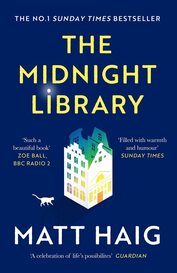 This was the topic of our 'sit' in my recent group supervision session with the extraordinary Zen Buddhist Claire Genkai Breeze. We were asked to ponder this and feel what came up for us. For me there was an initial feeling of freedom and relief followed quickly by a deep sadness. 'Who am I without recognition' was my uncomfortable comment. The realisation that ego plays such an important role in my life has been a real eye opener - in the past I have put it down to values... recognition is important to me and that's just the way it is - work with it. However that gives an impression of permanence. What if that value doesn't serve me anymore? What if I have outgrown it? In coaching we often work with people's values and some believe that they stay the same throughout our life.... I want to challenge that notion. One of the key concepts in a number of psychotherapeutic approaches is that we create our own stories, narratives or 'scripts'. If our thoughts are programmed in by us then what is stopping us from re-writing our stories... constantly? We can be whoever we want to be or we can be no-one, it is up to us. Yes it's difficult, no I don't have a magic wand but for me purely the knowledge that we can choose to change our persona, change the version of ourselves that we identify with most is hugely freeing. We are creative beings - how about turning that creativity towards ourselves and our own narratives. The possibilities are endless - infinite you might say. This reminds me of the fabulous book by Matthew Haig, The midnight library in which the concept of infinite versions of our life is brought up. If you haven't read it I highly recommend it - not only will it make you think but it is a wonderful reminder to look around and be aware of our impact on others. Here are a couple of coaching questions that may spark some further reflection:
I want to take this opportunity to introduce you to a phrase I came across the other day – Nature Deficit Disorder. It almost slapped me round the face when I read it! How extremely logical! Richard Louv coined the phrase in his book of 2005 called Last Child in the Woods – saving our children from nature deficit disorder. He didn’t intend it to be a medical diagnosis rather a wake up call and rallying cry. It reminded me of Johan Hari’s work in his book Lost Connections – this notion of how far we, as a species, have come away from our natural habitat and way of connecting, not only with nature but also with each other, and the impact this is having on our mental health. I often talk about how illogical it is that we go to great lengths to provide our pet animals with an environment where they can exhibit natural behaviour patterns - in fact it’s part of law in the Animal Welfare Act 2006! Think of scratching posts for cats, daily walks for our dogs – we wouldn’t dream of depriving them of access to the outdoors where they can sniff around, mark territory, roll in dead animals and fox poo - or is that only my dogs?! In fact…what even ARE our natural behaviour patterns as a species? There is so much written about our base needs, Freud writes about our species-specific forces or drives, Maslow produced a hierarchy of needs, Griffen & Tyrrell propose a series of Human Givens, Seligman’s theory is based around the PERMA model – all as a way of explaining what our species needs to keep us healthy. One thing I feel is missing from all of these is our need for connection with the natural world. There is a mounting body of research demonstrating that access to, and more importantly connection with, nature is imperative not only to our mental but also physical health. This isn’t a new field of study of course; Florence Nightingale in her documents, Notes on Nursing, saw the value of colours, natural light, and aesthetic surroundings in a patient’s recovery process. “It is the unqualified result of all my experience with the sick that, second only to their need of fresh air, is their need of light; that, after a close room, what hurts them most is a dark room and that it is not only light but direct sunlight they want.” – Florence Nightingale This approach to care has since been backed up by considerable research. Roger Ulrich studied patients’ recovery rates post-surgery in relation to whether they had a view or not. He found that those with a view of trees recovered more quickly, took less medication and felt less depressed than those whose rooms had no view. Multiple studies have demonstrated a link between tree lined streets and decreased usage of prescription medication for depression. In her book Losing Eden, Lucy Jones highlights the ever-declining connection with nature through the generations. Just take a minute to reflect on how much your grandparents generation knew about the different types of trees and plants, species of birds, and how to grow and preserve fruit and vegetables for the table. As the population has migrated to the cities so has the connection with nature dwindled. A recent 15-year long study in Japan revealed serious decreasing trends in both wildlife observation frequency and knowledge about or interest in wildlife, especially among children. This in a country that has brought us forest bathing… Given the state of the planet this feels like a desperately sad and potentially terminal (for our species and many others) state of affairs.
So…. What can we do about it?! All this awareness is one thing but it is quite another to do something about it! I am increasingly aware that we need to capitalise on this growing awareness and get proactive about HELPING the natural world restore some semblance of balance. Here are some coaching questions to help us all reflect on our connection with nature: How do you currently connect with nature? How often does this happen? Make a list of all the ways you could connect with nature more Which ones are you able to implement? How can you enable others to connect with nature more? What one thing can you do to help the natural world re-wild or re-generate? Some useful links: Every Child Outdoors (rspb.org.uk) - Children need nature, nature needs children MHAW21_Nature Report (mentalhealth.org.uk) - How connecting with nature benefits our mental health  CPD – A blessing and a curse? “Oooh look there’s another course being advertised by the ICF".... "a colleague has just signed up for a course on Somatic coaching"..... "I’ve just seen someone celebrating becoming accredited with DISC on LinkedIn"…. "I want to do all of that and MORE!!!" "How can I be the best that I can be if I don’t have all of those accreditations – do all those courses?" "It’s all so interesting! I can’t possibly start/ continue working with clients until I know MORE”! Does any of this sound familiar? The theme from the supervision space this month is around quenching our thirst for knowledge, what sits behind that & how can it benefit our work & how can it get in the way. Whilst CPD for coaches is, without doubt, of huge importance and an integral part of the professional standards for all the coaching bodies it can also be a shiny penny that gets in the way of us leaning into our own unique coaching approach. It can help feed our inner critic and end up in “comparisonitis” (made up word which fits a well-known phenomenon in the coach’s world!!). Back to basics There can be a tendency to forget all the strengths, qualities, skills and knowledge we already have when faced with the prospect of learning new skills or developing knowledge. This thirst for and commitment to lifelong learning is often what has led us to coaching in the first place. However sometimes we can forget the basics of successful coaching. For me this is reliant on the relationship created by coach and coachee. What difference would knowing a load of Positive Psychology interventions make if we lacked the skills and qualities to build rapport? How would being able to remember all the drivers and injunctions from Transactional Analysis help if we weren’t able to create an environment of trust? Get strategic When we think about CPD it is useful to keep a definition in mind. This one helps me keep a bigger picture view when thinking about my next investment. “CPD is a process in which individuals can take control of their own learning and development by engaging in an ongoing developmental process of reflection, goal setting and action” (Megginson and Whitaker 2004). I wonder how many of us are as strategic as that in our decision-making? Here are some questions that might help assess your CPD needs:
When thinking about specific CPD these questions may be helpful:
Your learning journey At the beginning of your coaching journey CPD can be a really useful way of finding out what approach sits most comfortably with you – what approach aligns with your natural way of coaching (and BEING!)? However there are loads of other ways to find this out before you invest! Having a great network of coach colleagues, using online coach forums, try before you buy etc. My invitation is to set aside time to reflect on the above questions and weigh up the pros and cons – maybe get a bit more strategic about your learning journey. Most of all though… ENJOY!  As a coach, I am in the privileged position of being a witness to the deep thinking of my clients. Through my reflections there are often themes that come up across the broad range of people that I work with. Now the first thing I need to say is that these themes are all viewed through my own lens and therefore may not be a true representation of what is going out there, BUT I am hopeful that my musings will be useful and insightful for some! The second thing to say is that if I ever use names they will NOT be real names as confidentiality is absolutely paramount in the coaching space. So… what has been the loudest noise in the coaching room this month? I would say overwhelm…. Overwhelm and stress. This is not uncommon however I am seeing an increase in the work I do as well as the conversations I have outside of the coaching space. My curiosity is around what sits behind the feeling of overwhelm and very often this is down to a natural inclination to be busy. To push harder, to ‘hustle’, to achieve, to strive for more, higher, better, faster…. The inclination is fuelled by an economy that is measured on growth. Too often, WE are measured on our ability to create or support growth. This can lead to an influx of asks and tasks which, combined with our 24 hour access lifestyle can quickly escalate, and over a prolonged period of time, lead to burnout. Now of course in our work we can look at using great prioritising tools and excellent stress management exercises but the question for me goes deeper… where does this drive to achieve come from? I need to be clear here – I am NOT a specialist in anthropology or evolutionary biology (that’s my dream parallel life) therefore please take my musings with the intention of prodding you to think as opposed to me having all the answers!! The ancient aspect of our brain (in evolutionary terms) is still very often in the driving seat - (thank goodness otherwise we might forget to breath or try and make friends with the cute looking tiger) and it has certain processes that feel really good when they are activated. Imagine our hunter gatherer ancestors – our brains were wired to help us seek reward and steer clear of danger via neurochemicals. Now, the vast majority of us don’t have to hunt or gather to stay alive anymore but those processes are still the same in our brains. Ticking boxes on a to do list, getting a new client, selling another product etc they all provide us with an aim for our days and because we get a hit of a ‘feel good’ hormone we want to do it again – no matter the impact on our lives. Marketeers and in some instances those in powerful positions know how to press our buttons and release those feel-good neurotransmitters too. Seeing a little icon on our phone can give us a hit of dopamine, being given a bonus for achieving targets – same response. Our work ethic is rewarded often throughout childhood which helps to cement the reward feedback loop. Imagine how different life could be if our PLAY was rewarded in the same way!! Simply acknowledging that our desire to work hard is a biological process upheld by habit just might be enough to make us pause before clicking on our phones to check our emails at 9pm or saying yes to yet another ask. Recognising that our ancestors were perfectly built for the job in hand (for more about this I would highly recommend reading Christopher McDougalls Born to Run and The Idiot Brain by Dean Burnett) and yet we haven’t adapted physically or mentally for our current more sedentary, indoor life with almost constant stimulation (TV, phones, games etc) is another way of thinking about this. For me stripping back to the absolute basics of what is really driving our need to push on and take on more and more can help clients make sustainable changes not just quick fixes…. Spoiler alert… they don’t work in the long term!! I feel I could write a book on this subject but for now I will leave you with a few questions that might stimulate your thinking in this area:
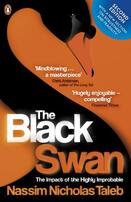 There are three characteristics of a “black swan” event: rarity, extreme impact and retrospective predictability - experts agree Covid-19 is a true black swan. This past year has been chock-a-block full of rare events forcing us all to rethink the way we work and operate, how we care, learn, shop, travel, and the role of government - to name but a few! Above all, it has shown us how fragile everything is. In his book The Black Swan: The Impact of the Highly Improbable, Nassim Nicolas Taleb demonstrates that rare and improbable events occur more often than we think. Taleb says that our blindness with respect to randomness, extends further than our conscious awareness can possibly comprehend. This dovetails with the Butterfly Effect. In Chaos Theory this is used to describe a phenomenon where a very tiny, minor change in unrelated circumstances may cause major changes elsewhere- ie. everything starts somewhere. This theory was popularised by the metaphor of the flapping of a butterfly wings in Brazil can cause a hurricane in Florida, or, the collapse of a major hill is caused by the dislocation of a single grain of sand. Whatever the mathematical merit of this metaphor, the meaning is clear… Trillions of butterfly effects are buffeting us every minute – altering our paths more than we can imagine. Can we control or plan for these effects at all? No. Is there anything ever under our total control? Not really. Total control is an illusion – between black swans and butterfly effects, nothing is under your control… except your actions and your attitude. This is where coaching can make a BIG difference. Coaching can help you find out what you already are in control of, how to gain MORE control of your thoughts, feelings and actions as well as how to respond effectively when faced with issues outside of your control. It can give you the thinking space needed to make decisions & gain clarity for your pathway forward. Coming out of lockdown, many of us now want to feel fully equipped to face life's challenges and achieve goals that really MEAN something. Or maybe you are looking to provide this to your staff or clients? My approach is centred around Positive Psychology & Transformational Coaching - the aim is to disrupt negative thinking patterns, challenge beliefs and assumptions that can hold you back and help you create positive, sustainable CHANGE. I enjoy helping individuals & organisations realise their full potential. As a PCC accredited member of the International Coaching Federation I also use the Emotional Intelligence tool EQi2.0/360, where appropriate, to improve self-awareness, confidence, resilience and clarity which directly impacts both wellbeing and performance. If you are interested in a discussion about how coaching could help you move forward please do get in touch. Retreats…. They’re everywhere aren’t they?! Wellness retreats, fitness retreats, digital detox retreats, spa retreats… even coaching retreats combined with skiing or sea swimming (“Wow they sound amazing” I hear you say… cheeky grin emoji!!) ...so WHY are there so many around and WHY are they so popular?
Covid-19 has forced many of us to re-evaluate our lives – for some people this has meant making positive changes to the way they work, the way they look after themselves and the planet. For others it has been a very different experience and unwanted change has been forced upon them. All of us have been subject to a certain amount of isolation, uncertainty and concern for our own health and the lives of others. Let’s face it for the vast majority riding the roller coaster for the last year or so has been exhausting! Couple this with living in an age of phones being constantly attached to us, 24-hour news at our fingertips, round the clock emails and social media notifications, work entering our home on a scale never seen before, we can feel constantly switched ON and available to all. How is this impacting our health? How is it impacting our brains? I could scare you with some stats about the effect of this lifestyle on our sleep, cortisol levels, emotional, physical and mental health but I suspect you are already aware. I hear the words stress and overwhelm repeatedly from friends, clients and in the media. I wonder - is this at the heart of the boom in retreats? People needing to hit the reset button? At the beginning of the year, I did a vision board for 2021 and at the centre was the picture that accompanies this blog and Retreat was the word I wanted to keep in mind for the year. Yes, I had my business direction in mind when I chose the word BUT the main reason I chose it was as a reminder to take time out and protect that time for my own wellbeing. Retreat to me is another way of saying ‘protected space’. All retreats offer this – time for YOU. Something I hear often is “isn’t it a bit self-indulgent?” to me working on your own health has an immediate and significant benefit to all those around you so no is my answer – it’s quite the opposite. So what’s special about a coaching retreat? Here are the top five reasons to get away from it all and go on a life coaching retreat: 1. Reset & Reflect Getting away from it all in a new location, away from home gives the opportunity to set a new scene. This can help you let go of the unnecessary baggage trapping you in the everyday. Retreats are more personally intensive and will challenge you emotionally, mentally and physically to reflect, recover, reset and the more you do the more you commit yourself, the more will be revealed to you. 2. It’s all about YOU Health and wellbeing are always hot topics on retreats, and the itineraries are designed to take you out of your comfort zone. This can boost your self-confidence no end. During a life coaching retreat you will have the opportunity to explore your life in an objective, supportive & non-judgemental environment. You will learn how to reconnect with YOU, build positivity into your life, manage stress and walk away with a tool kit full of exercises to ensure change is sustainable. 3. Rediscover Your Life Path Focusing on the future rather than the past is a tricky thing to do without professional help. Life coaching retreats highlight the importance of mindfulness and provide the perfect environment to gain clarity in the present to create a positive future. Whether you want to finally leave your relationship, pursue a career change or start a new business, it’s time to discover what’s holding you back to keep you moving forward. 4. Positive Change Change is scary but the only constant thing in this world is change. Life has many highs and lows, good times and bad times and sometimes, when you’re on the rollercoaster, getting back to a state of normalcy can be difficult. Hitting the reset button and getting away from it all on a life coaching retreat will help you to regain stability and reconnect with your true feelings whilst having the support of professionals to take the edge off the scary! 5. Take Positive Action Most of us don’t value our own time highly enough. Worse still, we make excuses for ourselves. “It’s fine…I’ll do it after I’ve finished this email/tv show/load of washing/TED talk etc…or maybe later…or maybe next week... or… probably never. Why are you not important? You need discipline to take action and reach your goals but in order to become disciplined, you have to be motivated. You have to lean into your procrastinating – what are you really afraid of? On a life coaching retreat, it’s a wakeup call to take responsibility. The only person who can make lasting changes to your life is you. Retreats kick-start this process by reconnecting you with your fuel for motivation. It’s time to move on, take control, and begin the life you always dreamed about. Considering Retreating? Beautiful Dorset - the scene is all set for our sea swimming and coaching retreat 13th-17th September 2021. Exciting isn’t the word! Themed ‘Deep Dive’ now is the time to make some time for you. For more retreat inspiration, click here >> |
AUTHOR: ANNIE LEEAnnie is a coach, coach supervisor & coach adventurer! Warmth, depth & joy sum her approach up in a nutshell! CategoriesArchives
May 2024
|



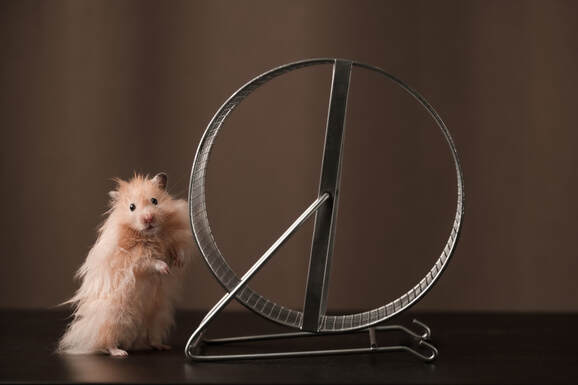
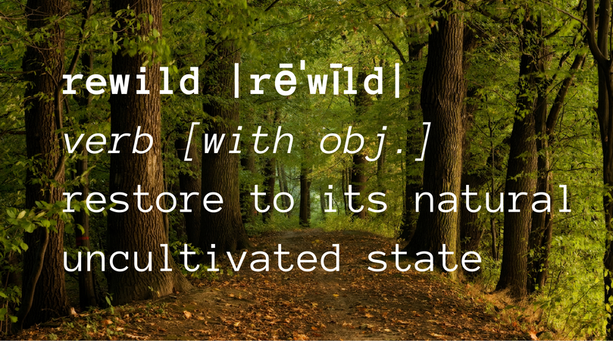
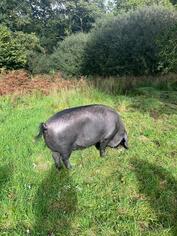
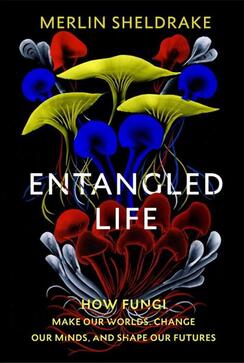
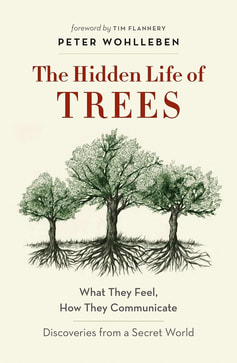
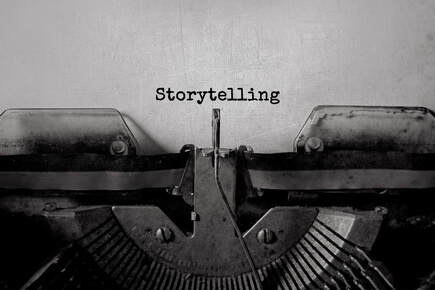
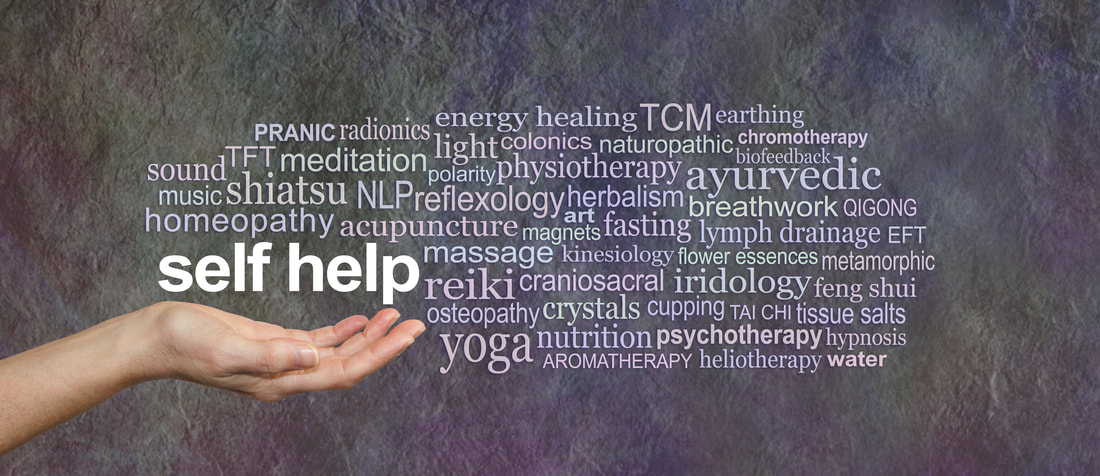
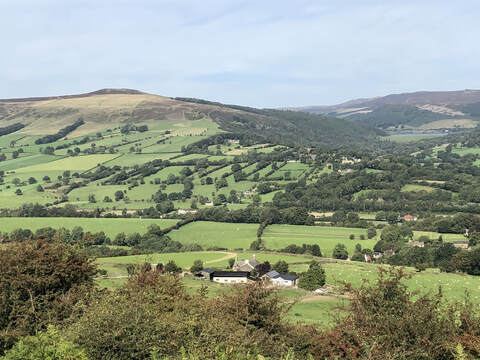
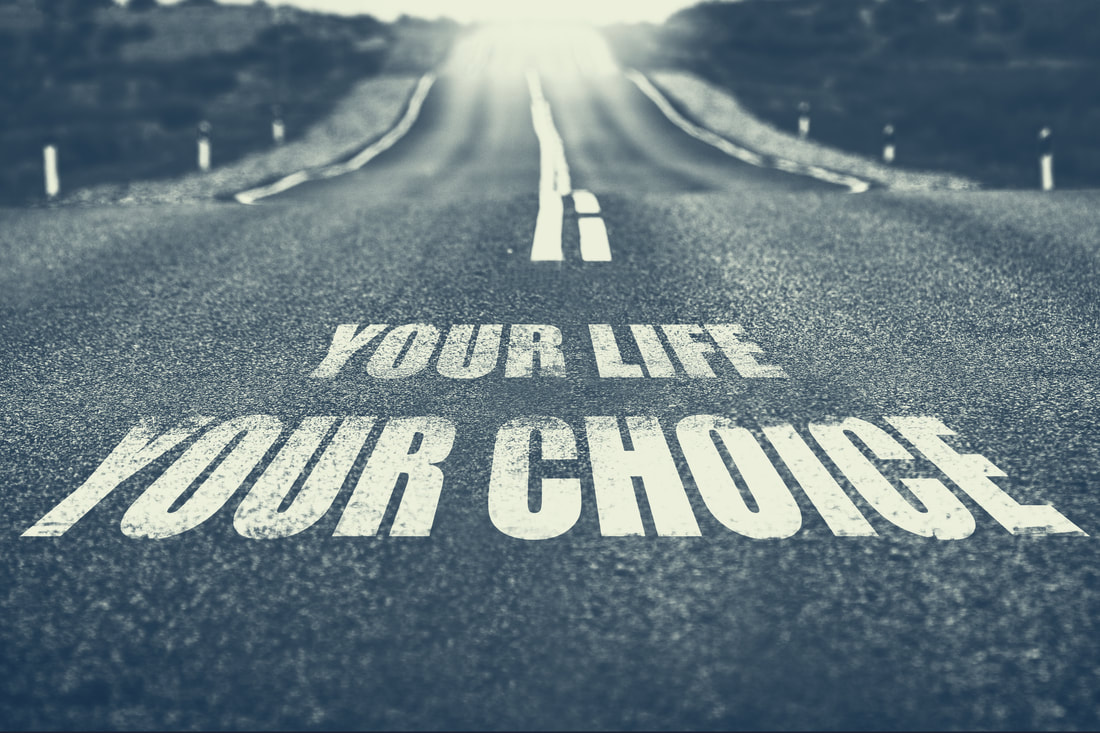
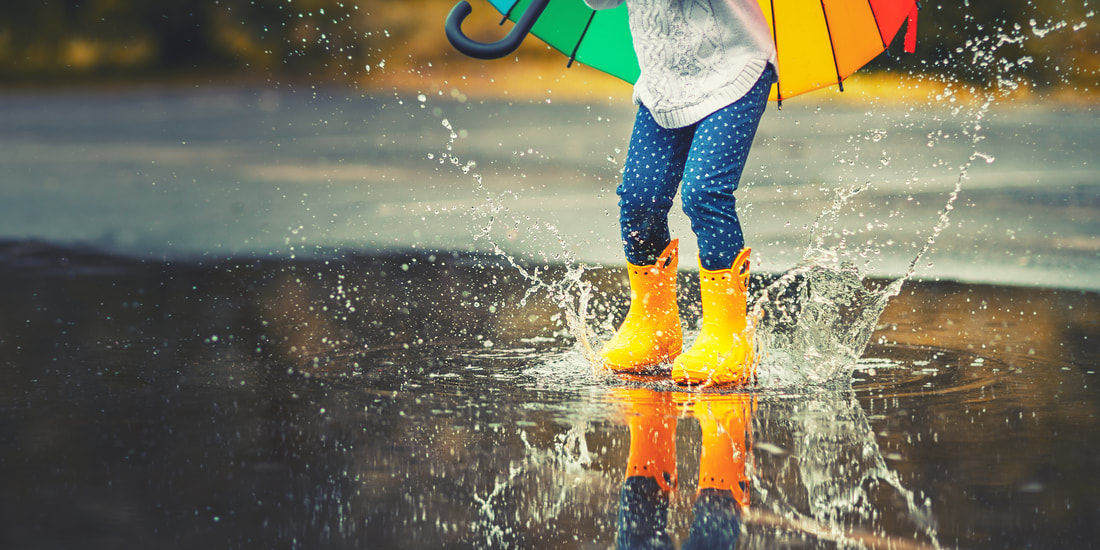
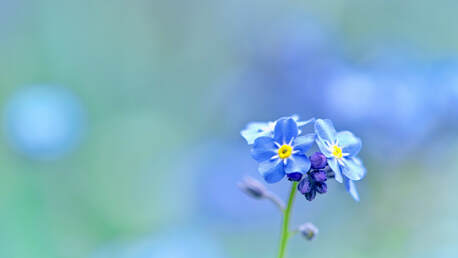
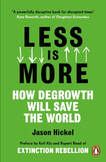
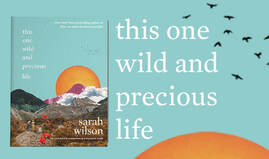
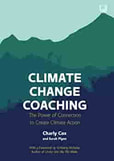

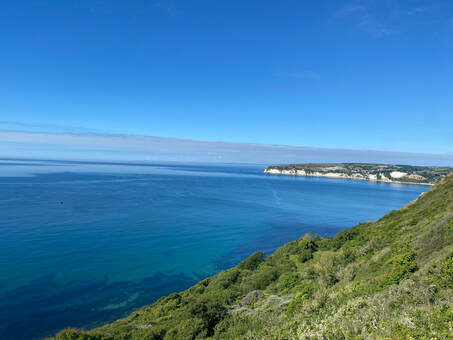
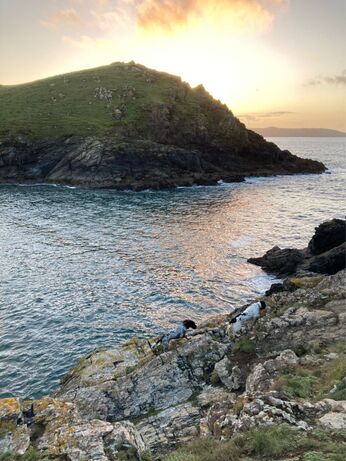

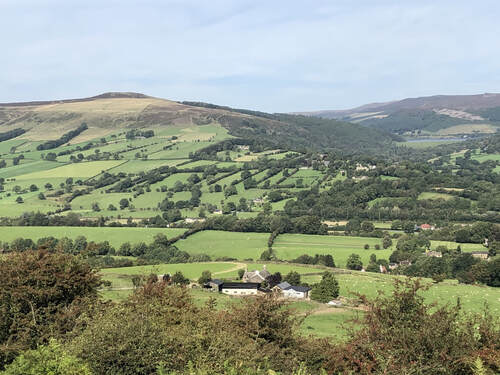
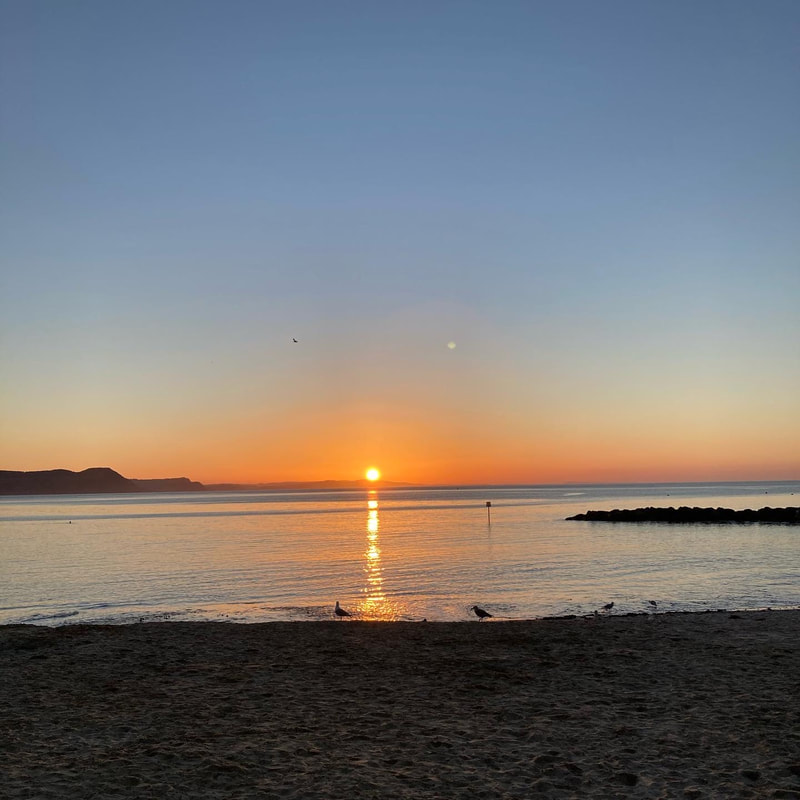
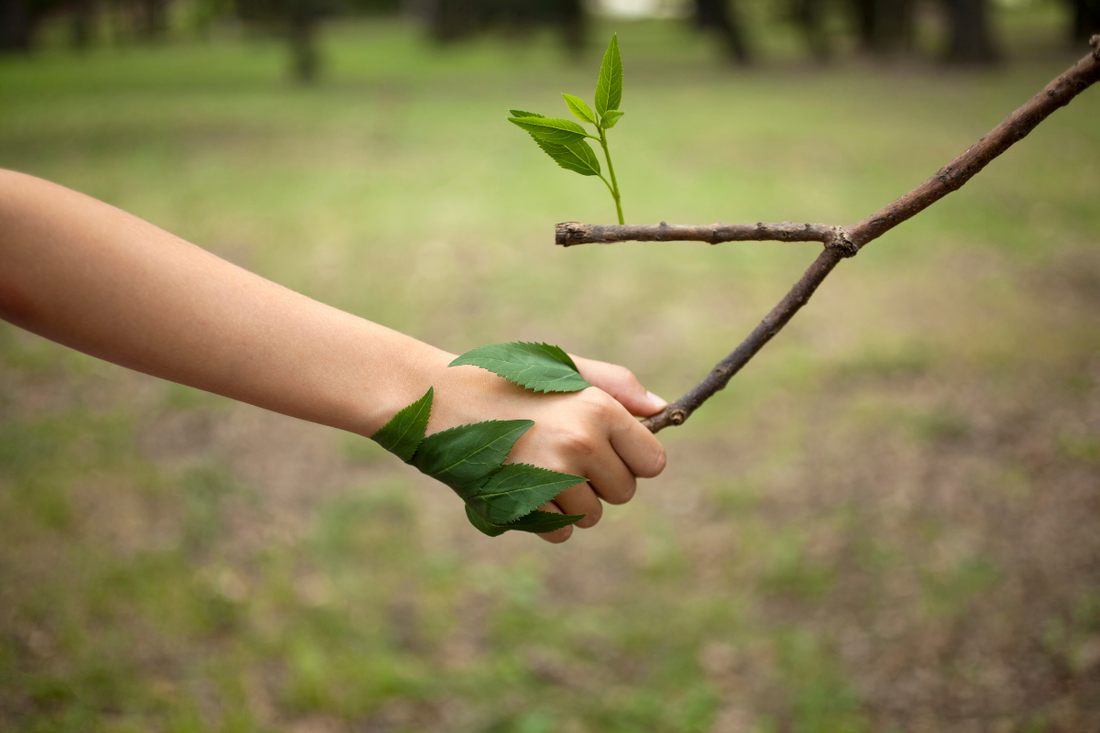
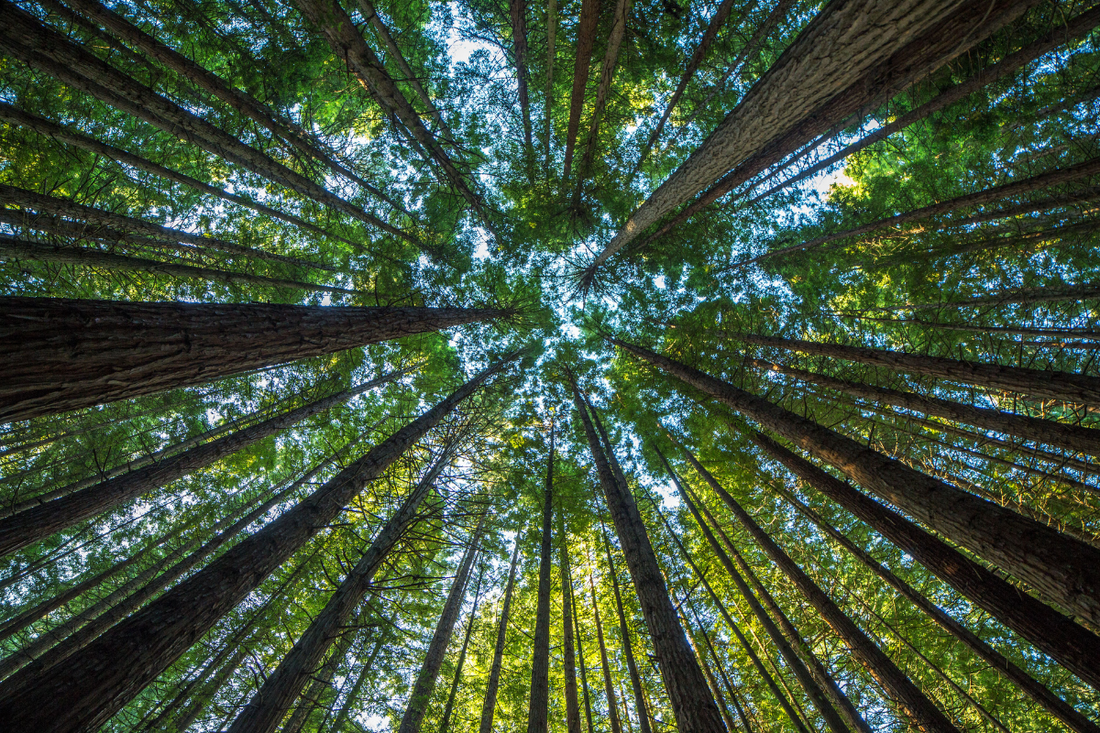
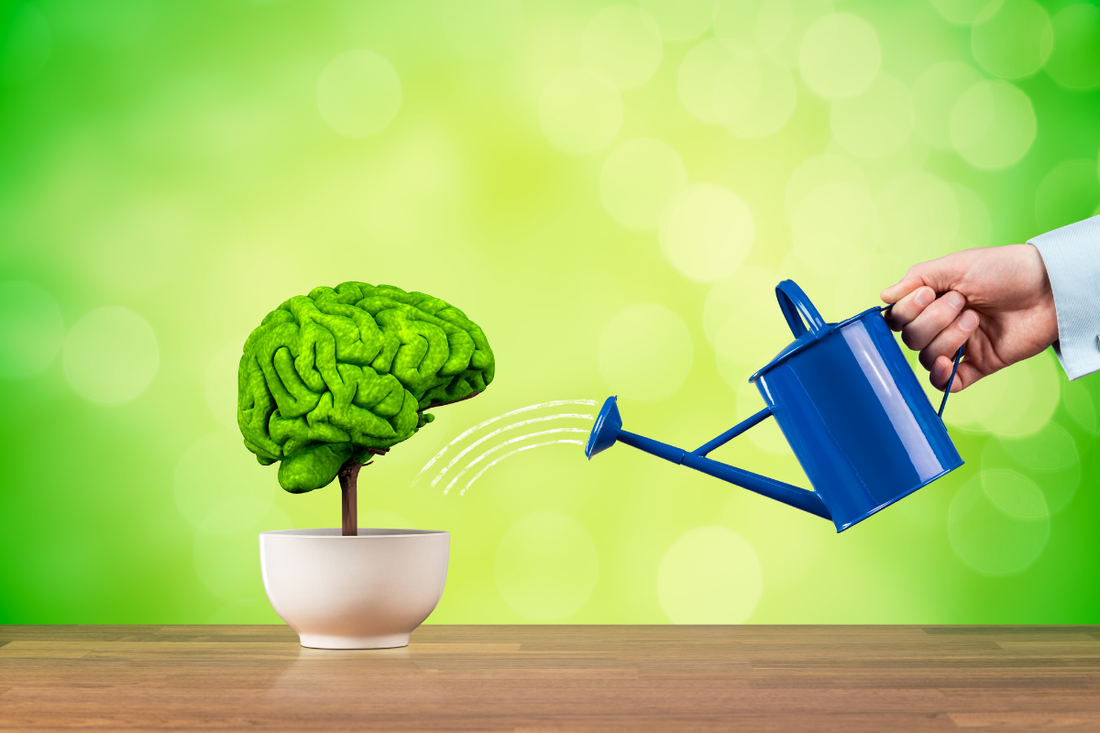
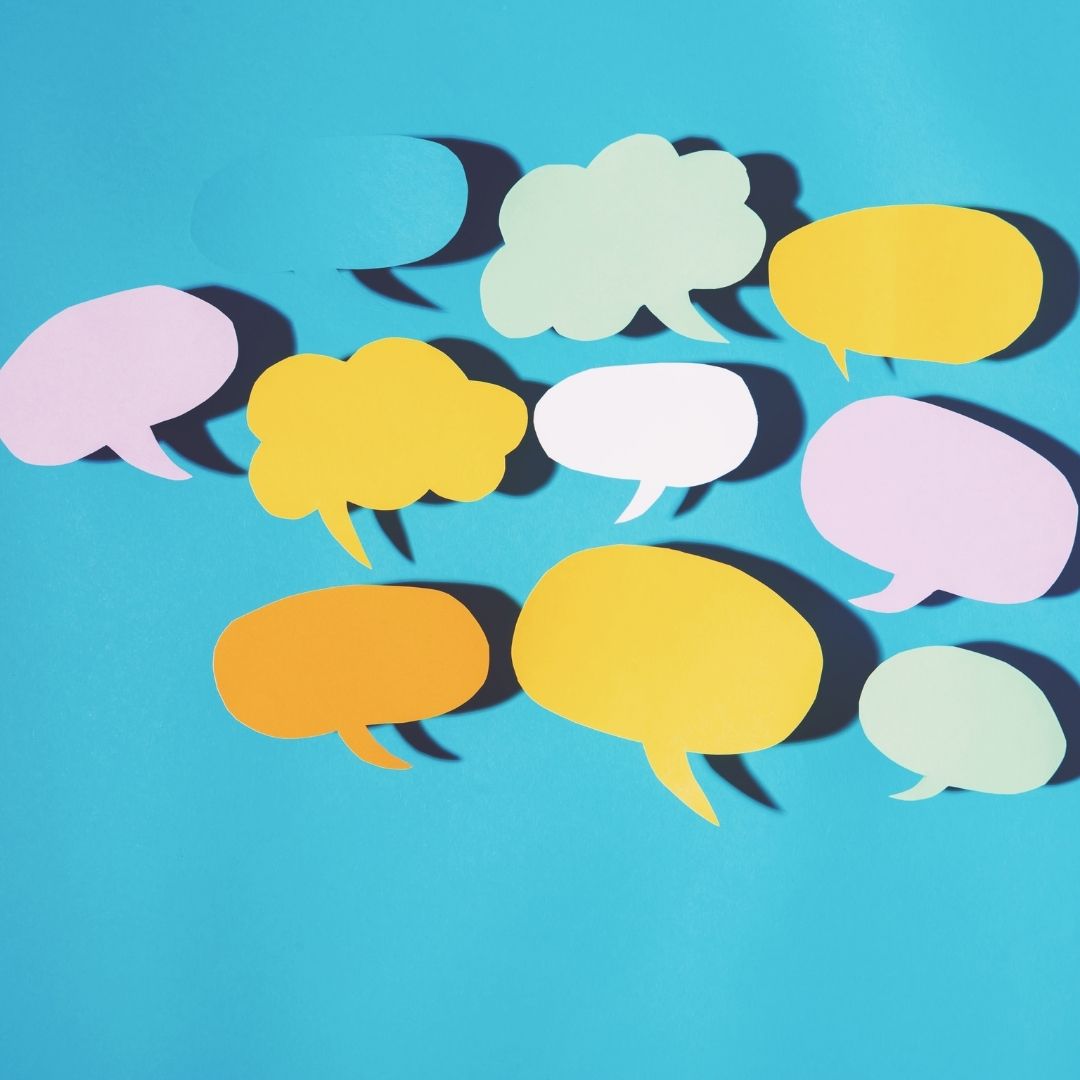
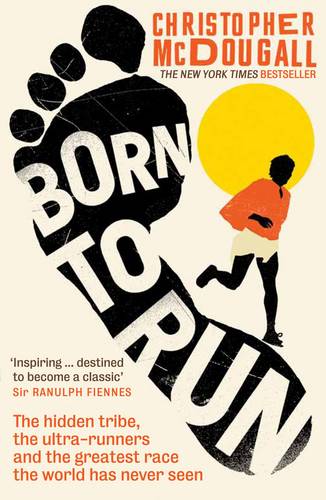
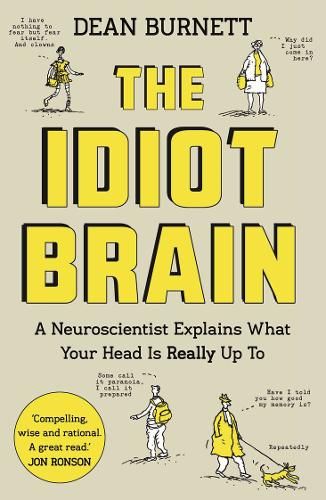
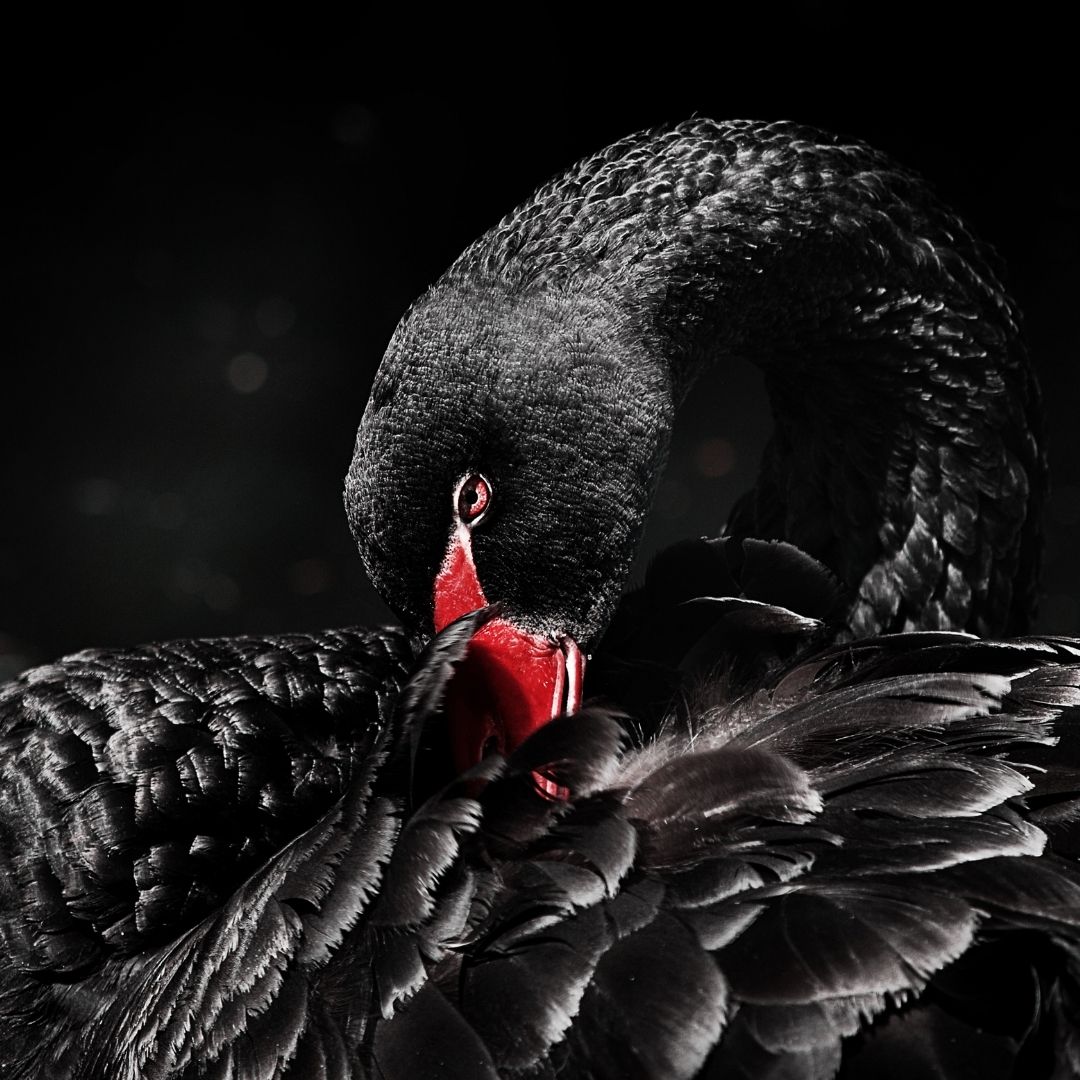
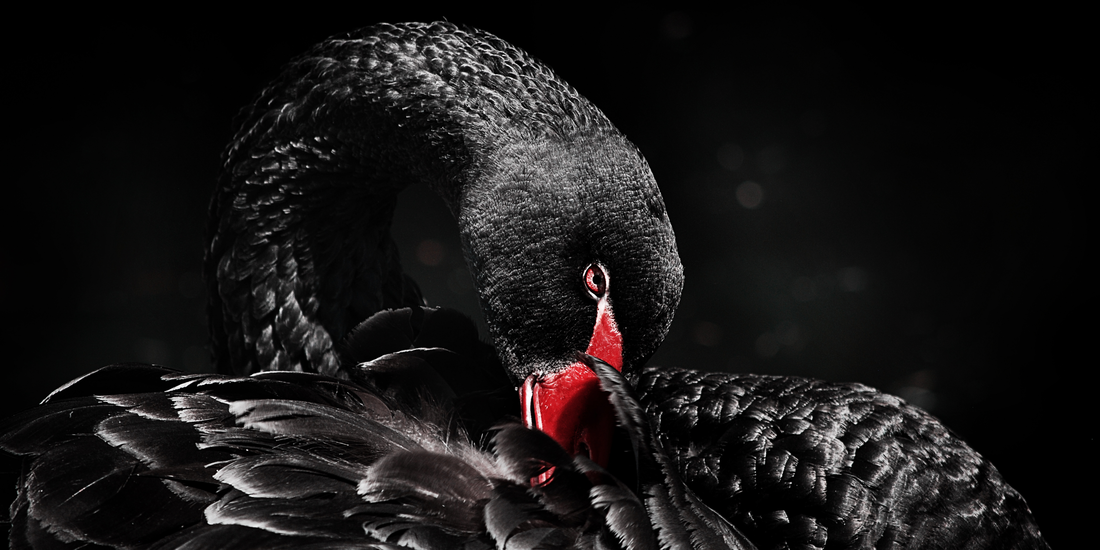
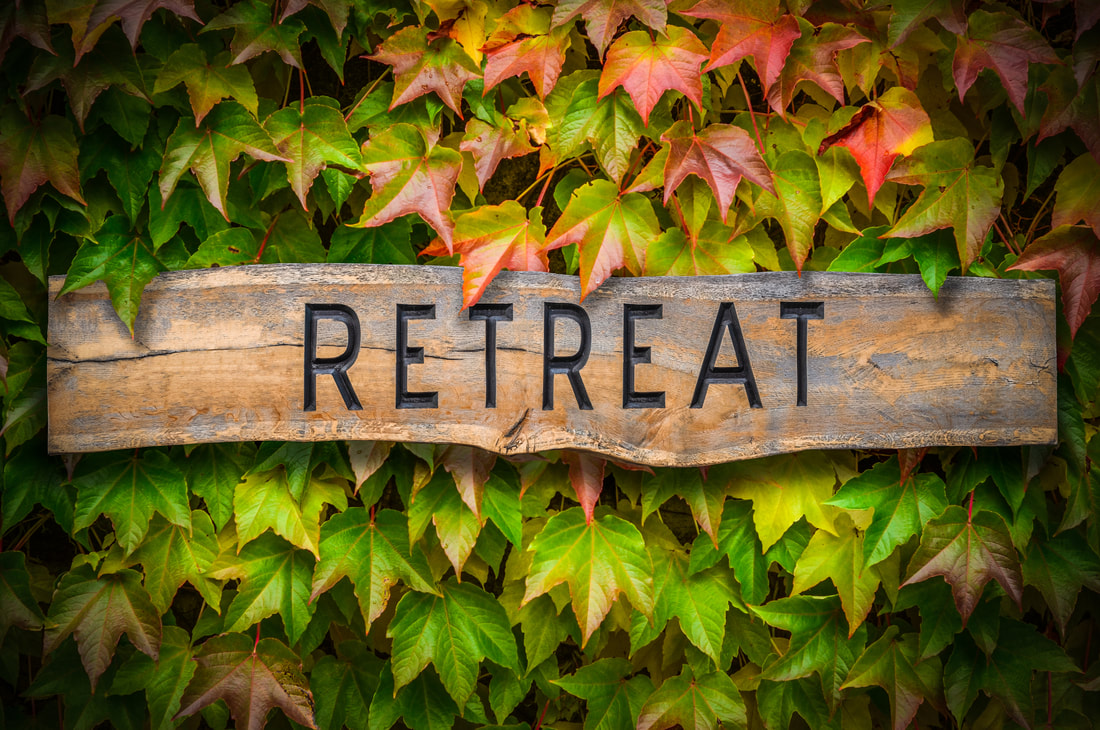
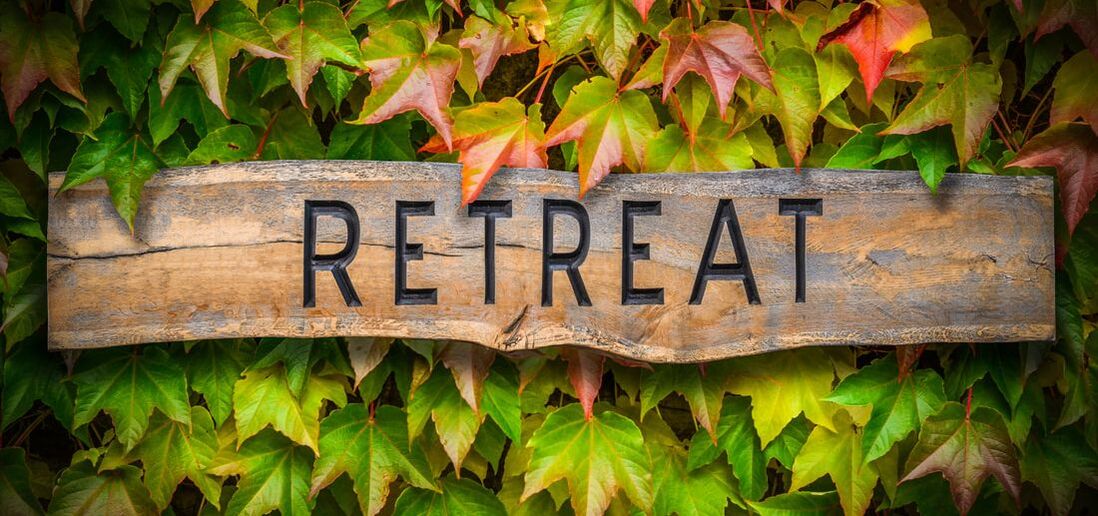
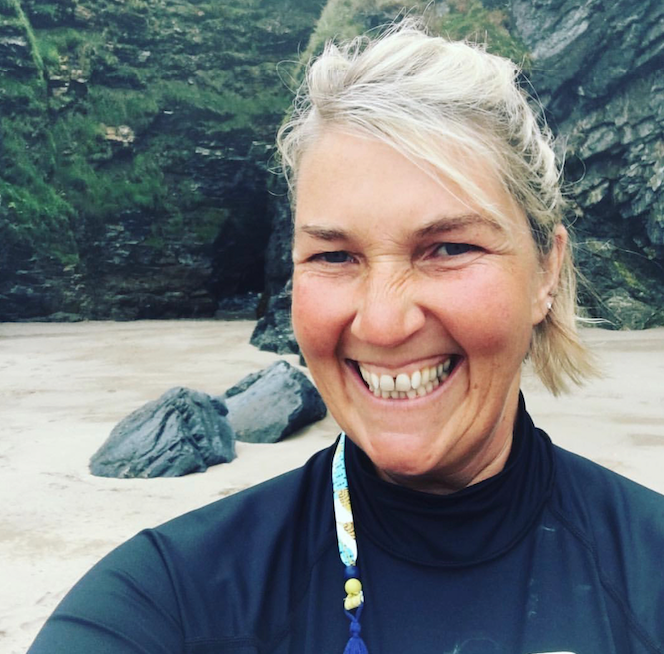
 RSS Feed
RSS Feed
